Upcoming Events!
Past Events
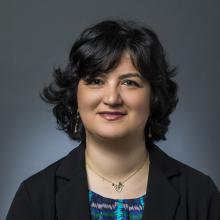
The brain shows marked plasticity across a variety of learning and memory tasks as well as during...
The brain shows marked plasticity across a variety of learning and memory tasks as well as during recovery after injury. Many have proposed to leverage this innate plasticity using brain stimulation to treat neural disorders. Implementing such treatments requires advanced engineering tools and a thorough understanding of how stimulation-induced plasticity drives changes in network dynamics and connectivity at a large scale and across multiple brain areas. In this talk, I will present my lab's efforts to investigate targeted stimulation of primate cortex to drive cortical plasticity towards functional recovery. We have developed large-scale interfaces consisting of state-of-the-art electrophysiology and optogenetics to simultaneously record and manipulate activity from about 5 cm2 of cortex in awake behaving macaques. Using this interface, for the first time, we have shown the feasibility of inducing targeted changes in sensorimotor networks using optogenetics. Furthermore, we have incorporated the capability of producing ischemic lesions in the same interface enabling us to stimulate the cortex around the site of injury and monitor functional recovery via changes in blood flow, neurophysiology, and behavior. Currently we are using these technologies towards developing therapeutic interventions for neurological disorders such as stroke.
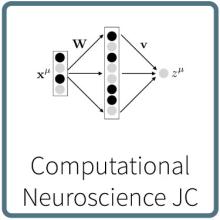
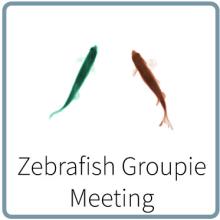
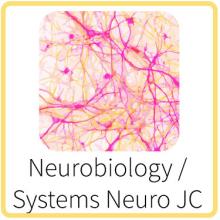
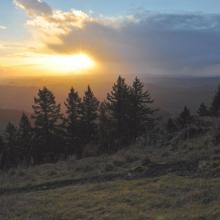
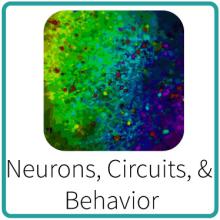
The role of contextual information in multi-skill learning
The role of contextual information in multi-skill learning



"Cortical feedback loops bind distributed representations of working memory," Voitov & Mrsic-Flogel...
"Cortical feedback loops bind distributed representations of working memory," Voitov & Mrsic-Flogel (2022)
https://www.nature.com/articles/s41586-022-05014-3
This will be a team presentation where we each present a figure from the paper, as follows:
Figure 1 Shelby
Figure 2 Sam
Figure 3 Kana & Bella
Figure 4 Kelsey & Mike
Figure 5 Maddie
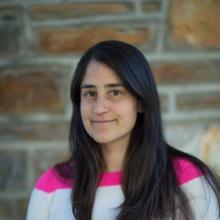
Abstract: It has long been established that when an animal is given choice between a caloric sugar...
Abstract: It has long been established that when an animal is given choice between a caloric sugar (sucrose) and a non-caloric sweetener (sucralose) that the animal will prefer sucrose over sucralose. Furthermore, this preference is independent of the sweet taste in the mouth. In the intestinal epithelium there is a special type of sensory cell called neuropod cells. These specialized cells transduce nutrients to communicate directly and rapidly via synapses with vagal neurons. My team recently discovered that neuropod cells of the small intestine differentially sense sucrose and sucralose to drive feeding behavior.
Bio: Maya is a sensory neurobiologist. In 2015, she was awarded a PhD from Yale University in Cellular and Molecular Physiology. At Yale, Maya studied the how individual neurons of the vagus nerve respond to inflammation. Though the vagus has been of interest for centuries, only in recent years have the tools emerged to study single cells. Maya was one of the first trainees to use transcriptomics to study specific populations vagal neurons. These experiences were a platform for Maya to uncover a novel sensory neural circuit during her postdoc. After completing her Ph.D., Maya joined the laboratory of Dr. Diego Bohorquez at Duke University. She focused her expertise on uncovering how the gut communicates sensory signals from nutrients to the brain. In 2018, Maya was the leading author on an article in Science showing the neural basis of a new sense - a gut sense. This work has opened a new field of exploration in sensory neurobiology. One to explore how nutrients affect emotions and behavior through dedicated neural circuits. Maya’s research seeks to uncover the secrets of how the gut and brain talk in real time.
